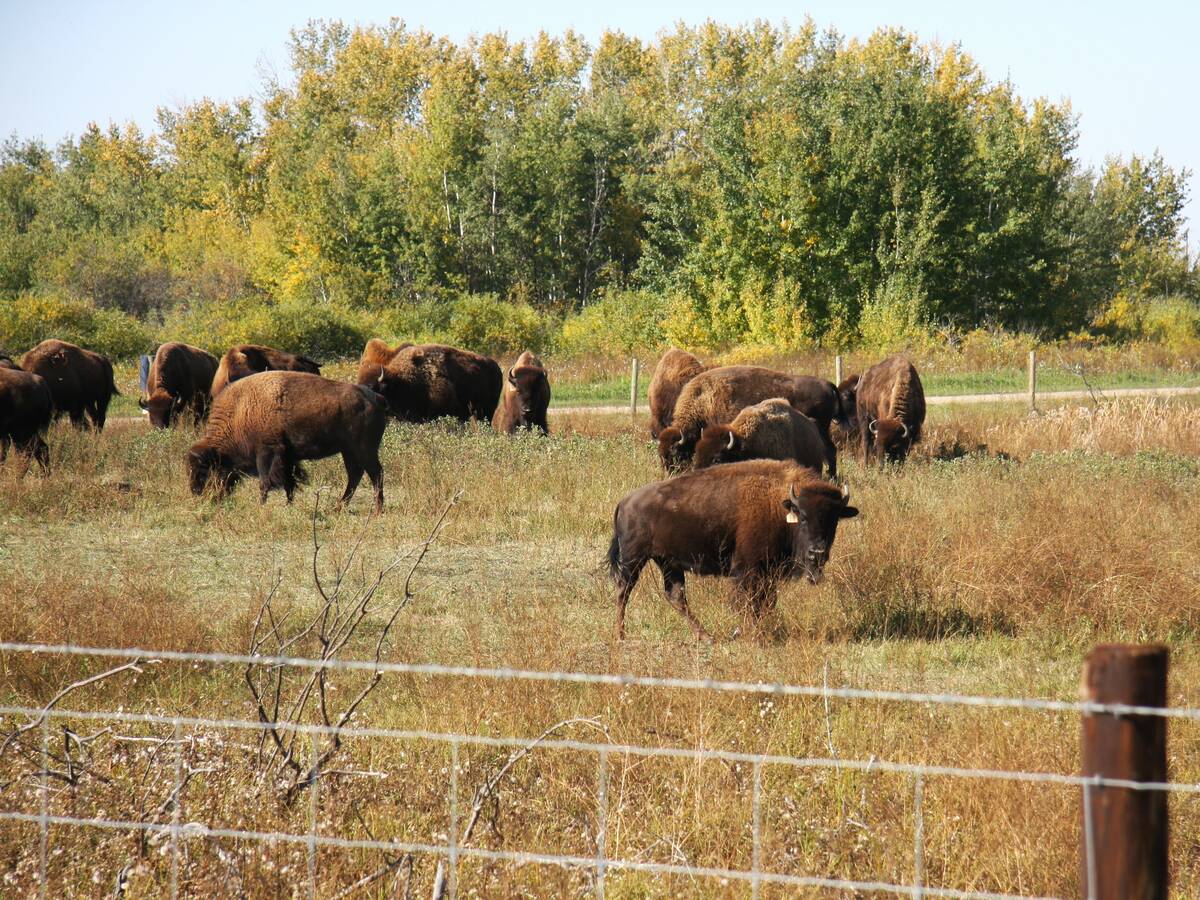Four winter wheat varieties developed at the University of Saskatchewan’s Crop Development Centre in Saskatoon will soon have their wings clipped.
CDC Kestrel, CDC Harrier, CDC Raptor and CDC Clair will be reclassified from the Canada Western Red Winter (CWRW) wheat class to the Canada Western General Purpose (CWGP) class as of Aug. 1.
The CWGP class generally consists of wheat varieties that are used for animal feed or ethanol production, rather than milling.
A fifth CWRW variety, CDC Falcon, is proposed to move to the CWGP class Aug. 1, 2014.
Read Also

National Day for Truth and Reconciliation: Acknowledging the past, seeking a better future
How can the treaty rights of Indigenous peoples be honoured in a way that gives them a proper seat at the table when it comes to farming in Canada?
The classifications are among several grain grading changes that will take effect at the beginning of the 2013-14 crop year.
Daryl Beswitherick, program manager of quality assurance standards with the Canadian Grain Commission, said the winter wheat changes are an attempt to remove varieties from the CWRW class that are no longer in demand among commercial millers.
Before last year, CWB segregated CWRW wheat varieties into two categories: select, which denoted a higher protein content and better milling qualities, and generic, which denoted lower protein and reduced milling quality but higher yield potential.
“Typically, those (generic) varieties were being sold into feed markets or to ethanol plants anyways … so they typically weren’t being brought into the grain handling system,” Beswitherick said. “So (the changes) should have very little impact.”
Registration for two flax varieties — CDC Mons and CDC Normandy — will also be cancelled Aug. 1, meaning deliveries will be eligible for the lowest grade of Canadian flaxseed, No. 3 Canada Western.
The cancellation of Mons and Normandy is part of a flax industry initiative aimed at ridding the Canadian industry of the final traces of CDC Triffid, a genetically modified flax variety that showed up in export shipments and disrupted sales of Canadian flax to key overseas markets.
The flax industry decided to cancel registration for the two varieties and eliminate any market risks associated with them after determining that the Triffid construct was present in their breeder seed.
The cancellation is part of a larger flax industry strategy aimed at removing all traces of Triffid from Canada’s commercial flax system.
“What the flax community is trying to do is really clean up any traces of Triffid,” Beswitherick said.
Significant price discounts associated with No. 3 flax, when combined with other flax industry initiatives, will effectively discourage producers from growing the two varieties.
Other changes that take effect Aug. 1 include:
• New roughage tolerances set at 0.1 percent for exports of Canadian rye and triticale.
• New moisture specifications for dry grain in the food barley class, set at 13.5 percent moisture for covered food barley and 14 percent for hulless food barley.
• Relaxed tolerances for sprouting in the Canada Western Amber Durum (CWAD) wheat class.
Beginning next month, tolerances for severely sprouted kernels in No. 1 CWAD will be increased to 0.2 percent from 0.1 percent.
Tolerances for severely sprouted kernels in No. 2 CWAD will be increased to 0.4 percent from 0.2 percent.
A complete summary of the changes can be viewed on the grain commission’s website at www.grainscanada.gc.ca.
















